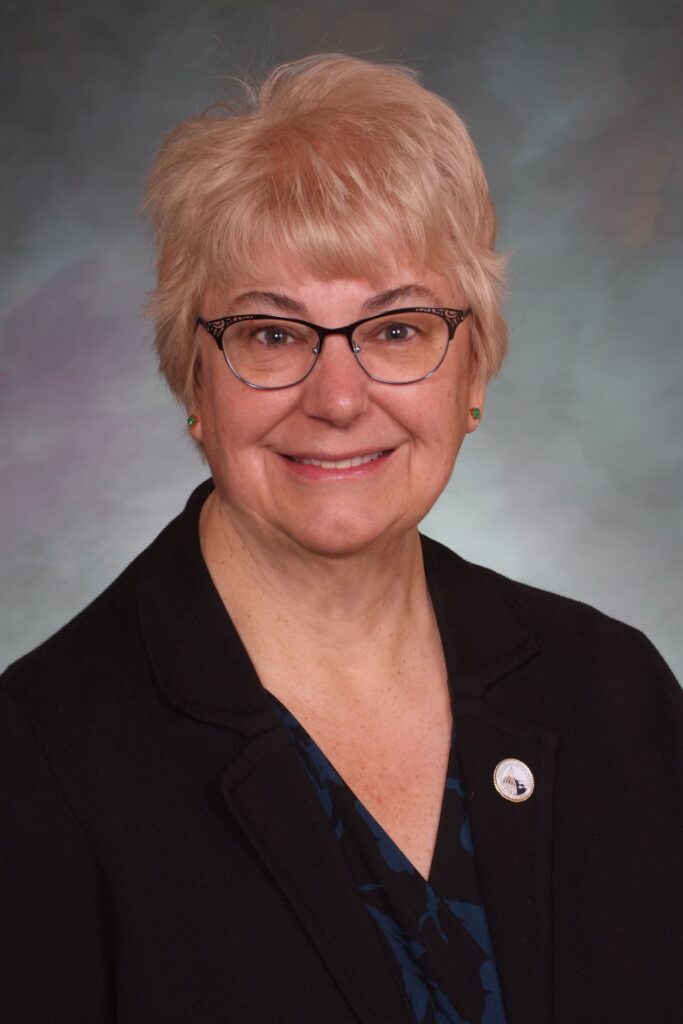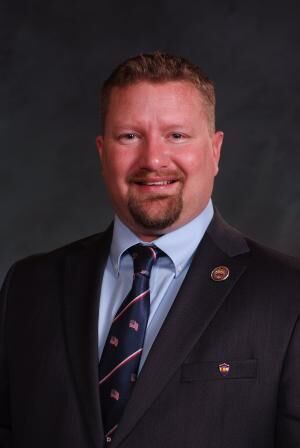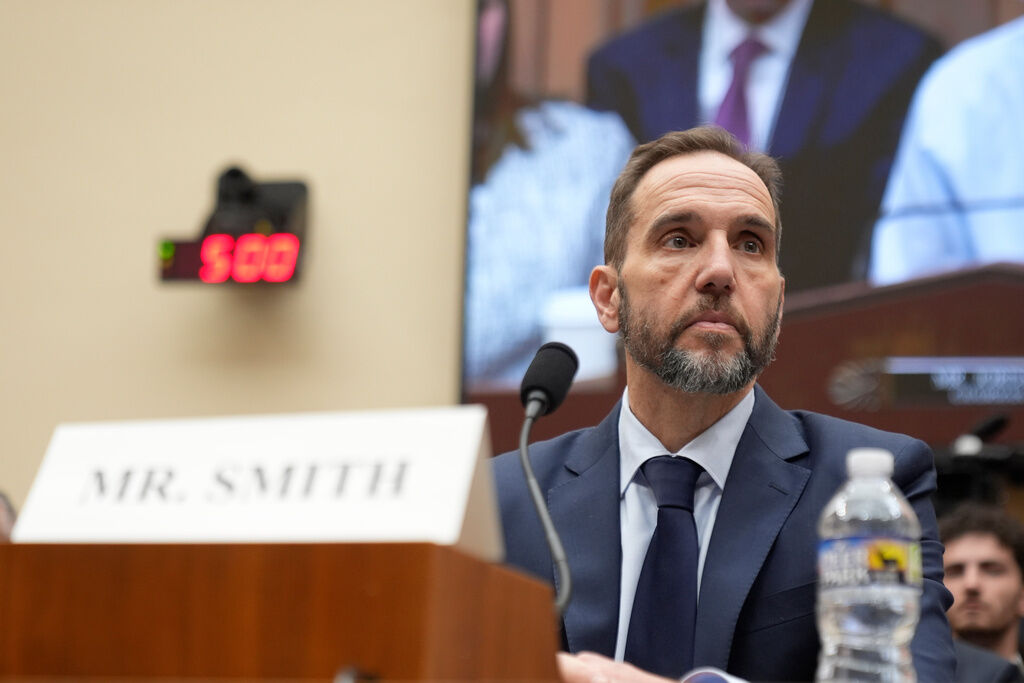Colorado Nursing Board declines to call ‘abortion reversal’ unprofessional conduct

The Colorado Nursing Board disagreed with the state Medical Board on Wednesday, refusing to classify so-called “abortion reversal” treatment as unprofessional conduct.
The nursing board passed a rule declaring it will not treat abortion reversal as a “per se act subjecting a licensee to discipline” for providing the treatment, but will instead review individual complaints of abortion reversal treatment on a case-by-case basis.
This comes after, last month, the medical board unanimously classified a specific method of abortion reversal as unprofessional conduct: when a medical provider uses the hormone progesterone to try to stop a medication-based abortion after a patient has completed the first part of the two-step process. The medical board ruled that this treatment is outside of generally accepted standards of practice.
“The (nursing) board, historically, has pretty much treated everything case-by-case for review and discipline,” said Joe Franta, president of the nursing board, during Wednesday’s vote. “We don’t make general standards of care. We don’t create those. … I don’t think we have the basis to do that.”
State legislators passed a new law in April to classify abortion reversal treatment as unprofessional conduct, subjecting medical workers who provide the treatment to professional discipline. But the law allowed abortion reversal to be reclassified as professional conduct if the state medical, nursing and pharmacy boards all agree that it’s a valid medical practice.
Since the medical board already ruled that it is not a valid medical practice, the three boards cannot be unanimous in support for abortion reversal, regardless of the other two boards’ decisions. Abortion reversal’s status as unprofessional conduct under state law will remain intact, so long as the medical board doesn’t change its rule before the Oct. 1 deadline.
“I still feel optimistic,” said Rep. Karen McCormick, D-Longmont, who sponsored the bill to make abortion reversal unprofessional conduct. “The nursing board was unable to put in rules that they see this practice as generally accepted standard of care, so that’s a positive.”
McCormick said even if the boards don’t call abortion reversal unprofessional conduct, as long as all three boards don’t explicitly put in their rules that abortion reversal is a generally accepted standard of practice before Oct. 1, then the state law stays as is.
“They decided to take the ambiguous route,” McCormick said. “But the nursing board didn’t put in their rules that it is generally accepted standard of care so, in a way, that just defaults back to the bill. The bill stands. … But we shall see. Call me on Oct. 2.”
The question also remains whether regulators and prosecuting attorneys will enforce the new law. After a Catholic health care clinic sued to stop the abortion reversal ban in April, Attorney General Phil Weiser wrote in a court filing that the ban wouldn’t be enforced until all three boards pass their rules.
The pharmacy board will meet on Thursday to adopt its final rules.
Discussion among members of the nursing board seemed slightly confused on Wednesday. Members spoke of agreeing with the medical board’s decision and even suggested the medical board did not go far enough by only defining abortion reversal treatment using certain medications as unprofessional conduct.
“(The medical board) brought up some good points and I think we have the same feeling as far as what generally accepted practice means and how it can flex and change over time,” Franta said at one point.
“Do you think the bill is maybe narrowing it down a little bit too much?” board member Lenny Rothermund asked of the medical board’s rule. “They’re just concentrating on the two drugs at play. With the ever-changing medical research, are we going to be back here in another year discussing the same thing again with two other drugs?”
The nursing board then discussed removing the specific medications to make its rule even broader than the medical board’s, a change which would have classified all medication abortion reversal treatment as unprofessional conduct.
Members then suggested their original draft rule, which does not classify any abortion reversal as unprofessional conduct per se, is “more general.”
Board member Mackenzie Armani questioned judging abortion reversal on a case-by-case basis, asking what if patients do not report unprofessional conduct even if it occurs. Another member, Brandy Valdez Murphy, pointed out that the state law asked the nursing board to “make a determination if (abortion reversal) is a generally accepted standard of practice,” which they are not doing by evaluating it case-by-case.
The nursing board then went into a private executive session for 30 minutes to discuss Valdez Murphy’s comment with its legal counsel. When the board returned, it passed the rule with only Valdez Murphy voting “no.”
Abortion reversal treatment has been hotly debated in the medical community for years.
Supporters of the treatment point to a small-scale 2012 study, which found that four of six women who had begun medication abortions were able to carry their pregnancies to term after taking progesterone. Subsequent research has concluded there is insufficient evidence to support abortion reversal treatment, attributing successful pregnancies to the results of simply not taking the second abortion pill.
A larger 2019 University of California study attempted to test the effectiveness of abortion pill reversal, but the study was ended prematurely due to safety concerns after three participants required ambulance transport to a hospital for treatment of severe vaginal bleeding, NPR reported. The American College of Obstetricians and Gynecologists also rejects prescribing progesterone to reverse abortions, saying it is “not based on science and do not meet clinical standards.”
During Wednesday’s meeting, opponents of abortion reversal argued the nursing board must protect women from being pushed into partaking in a medically-unfounded practice.
“The rule places an undue burden on vulnerable populations who already do not have the resources or time to submit a complaint,” said Mar Galvez Seminario with the Colorado Organization for Latina Opportunity and Reproductive Rights. “By evaluating this on a case-by-case basis, you place the responsibility on our community members to ensure that medical practice is ethical, rather than on experts, and that is you.”
Proponents of abortion reversal said the board should preserve an option for women who change their minds after starting the process of a medication abortion.
“My heart breaks for women who are desperate to save their baby,” said Catherine Wheeler, an OB-GYN. “You have the opportunity to save innocent lives. Truly, life and death are in your hands.”














